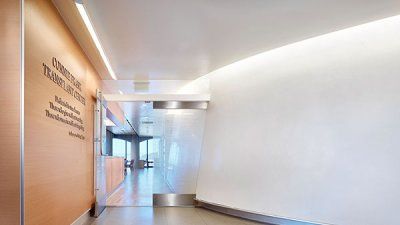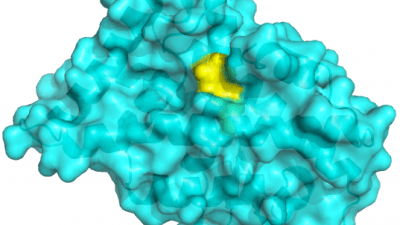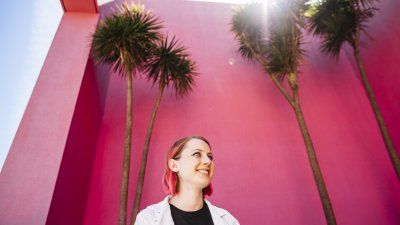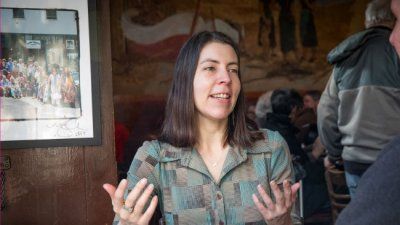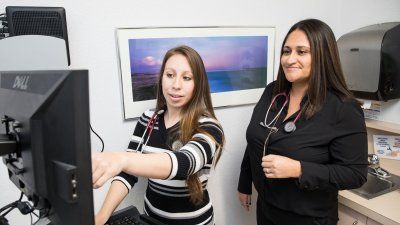K Scholar Team Science Awardees Bring Family Planning Care to Liver Transplant Recipients
The team behind a K Scholar Team Science Award designed a pilot study to shine light on fertility after liver transplant and the subsequent need for improved family planning counseling.
